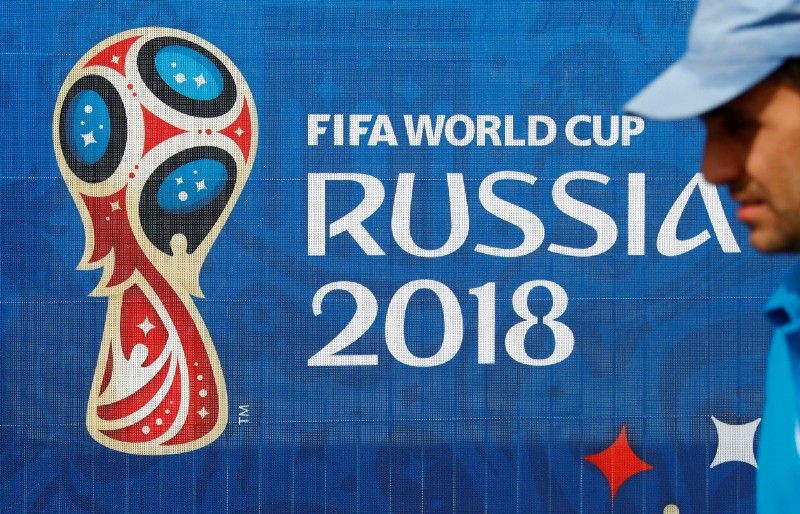June 13, 2018
The World Cup starts tomorrow. And as many of you will know, watching the event — or being married to someone who does — is an emotionally exhilarating and exhausting experience that lasts for weeks. Hosting the World Cup, meanwhile, is a hugely expensive logistical nightmare for the countries that do it. And yet every four years countries vie like crazy, both above and below board, to land the event.
Why? Well, from a geopolitical perspective — since we are, after all, politics nerds — here are a few upsides and downsides of hosting the most popular sporting event in the world.
The economic benefits are meager but conveniently concentrated: Killjoy economists say that the World Cup doesn’t net much for GDP. Most of the money spent on infrastructure goes to stadiums that are hard to run at a profit once the tournament is over, and while an influx of tourists provides a short-term boost, it leaves little lasting economic benefit. That said, funneling lucrative and easily-inflated stadium contracts to politically-connected firms is a nice way to keep your squad on side.
The political effects can cut both ways: Holding a successful event like this can be a source of national pride that demonstrates a government’s capacity and boosts its image. Some research even shows that when home teams win, incumbents get a boost at the polls.
But the event can also be a political liability. Even in futebol-crazy Brazil, thousands of people hit the streets in 2014 to protest wasteful spending on stadiums for that year’s World Cup under banners that asked “World Cup for Whom?” Those protests, mind you, were part of a swell of anti-establishment sentiment that ultimately led Brazil into its current political and economic crisis. No such outcome in Russia is conceivable, mind you — Putin’s 82 percent approval rating makes it hard for the beleaguered opposition to even take a shot on goal at the moment.
Burnishing the global bona fides? Sporting events like the World Cup are also used to project power or newfound geopolitical influence. The Beijing Olympics in 2008 were seen as China’s 21st century coming-out party. And when Putin first lobbied to land the World Cup ten years ago, that was his vision as well.
But scoring a big sporting event can only go so far. Russia’s international actions — war in Ukraine, doping in the Olympics, alleged meddling in US and European elections — have tarnished its image. A poll last year showed that majorities in just three countries view Russia positively these days.
Will hosting this year’s World Cup help? Doubtful. For Putin’s critics the event will shine a light on the corrupted, rule-breaking, revisionist regime they see when they look at the Kremlin. For Putin’s supporters, who see him staking out an assertive role for Russia in an increasingly multipolar world, it’ll be proof that no matter what Russia does right, the haters will still hate.
More For You
- YouTube
Who decides how much control a country should have over its technology? Speaking at the 2026 World Economic Forum in Davos, former UK Prime Minister Rishi Sunak discussed the balance between national sovereignty and global interdependence.
Most Popular
Think you know what's going on around the world? Here's your chance to prove it.
- YouTube
AI is advancing quickly, but access and control remain deeply uneven. As artificial intelligence becomes foundational to economies and governments, the question is no longer just who has the best technology, but who controls the systems that power it. In this GZERO Media Global Stage interview from the 2026 World Economic Forum in Davos, Tony Maciulis speaks with Talal Al Kaissi, Group Chief Global Affairs Officer at G42, about why AI has intensified debates around digital sovereignty, and what it will take to close the global AI divide.
© 2025 GZERO Media. All Rights Reserved | A Eurasia Group media company.
